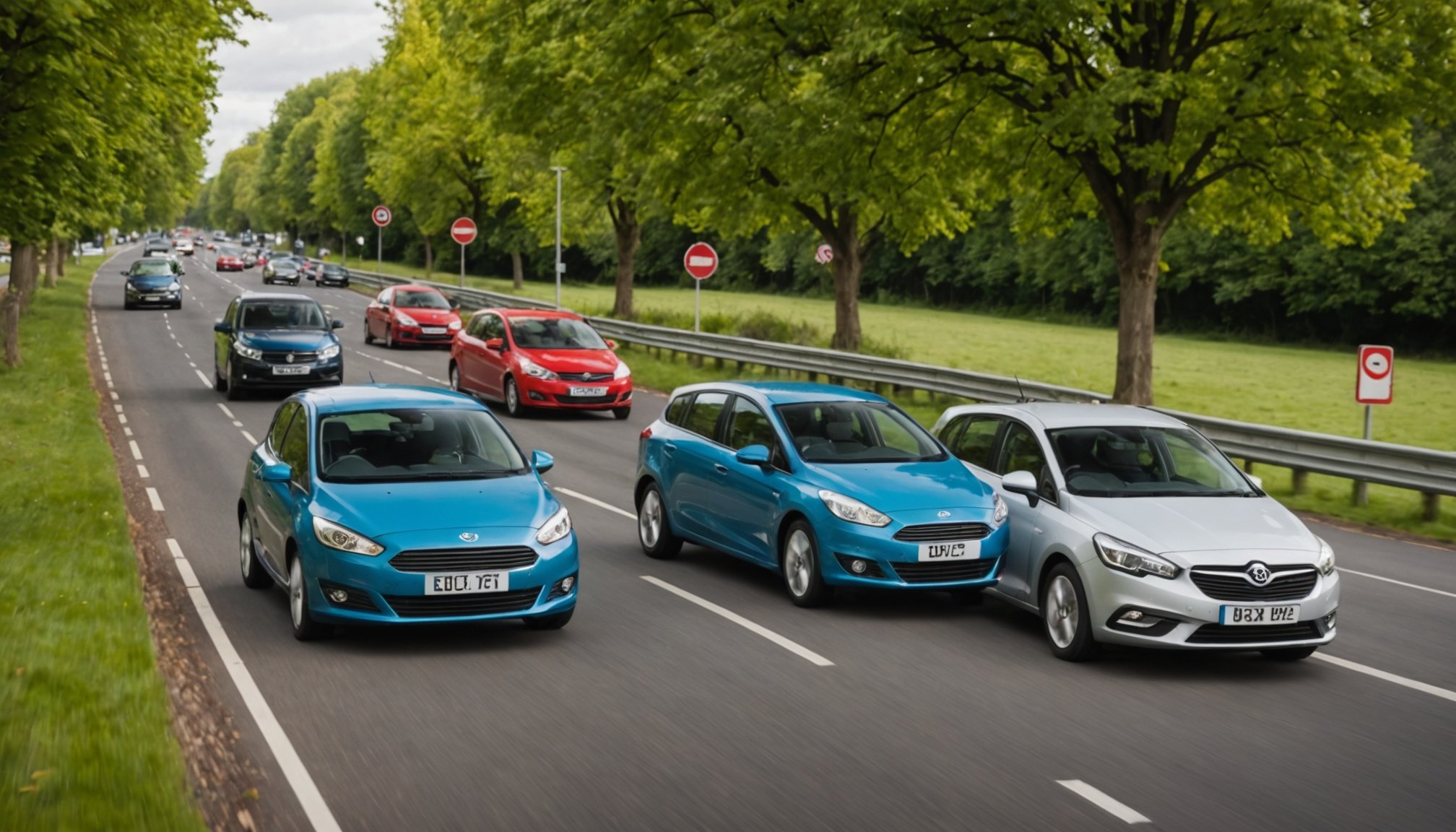In an era where every penny counts, UK drivers are continually seeking ways to save on their fuel expenses. While fuel prices fluctuate, the need to drive remains constant. Many wonder how they can improve their fuel economy without investing in a new vehicle or expensive technology. The answer lies in adopting simple, yet effective driving habits. These habits not only help reduce your fuel consumption but also contribute to a greener environment. In this article, we will delve into actionable strategies that will transform your driving experience, saving both fuel and money.
Understanding Your Vehicle’s Fuel Efficiency
Before diving into specific habits, it’s crucial to understand what makes your vehicle efficient. The engine design, fuel type, and maintenance all play significant roles. However, one of the most overlooked aspects is the driver behind the wheel. By appreciating your car’s capabilities and limitations, you can tailor your driving style to enhance its efficiency.
Also read : What are the key factors influencing the resale value of used cars in the UK?
Know Your Vehicle
Each car comes with a fuel efficiency rating, often found in the manual. This rating provides a benchmark for what you can expect under ideal conditions. However, real-world scenarios differ. Understanding these differences helps in managing expectations and strategizing your driving approach.
Regular Maintenance
Ensuring your vehicle is well-maintained is paramount. A well-tuned engine, correctly inflated tyres, and regular oil changes are essential. These factors directly impact fuel efficiency. Simple tasks like checking tyre pressure can go a long way in improving your vehicle’s performance on the road.
Topic to read : How do electric vehicles perform in the UK’s diverse driving conditions?
Weight Matters
Every additional kilogram increases fuel consumption. By decluttering your car, you reduce the weight it carries, thereby increasing efficiency. Consider what you truly need for your journey. Removing excess baggage is an effortless way to help your vehicle run more smoothly.
Adopting Efficient Driving Techniques
Once you understand your vehicle’s dynamics, you can start implementing driving techniques that optimize efficiency. By being more conscious of your actions behind the wheel, you can reduce fuel consumption and save significantly over time.
Maintain a Steady Speed
Sudden acceleration and deceleration consume more fuel. Therefore, maintaining a consistent speed is optimal. Use cruise control on highways where possible to maintain speed without unnecessary fluctuations. This technique helps in efficiency, reducing stress on the engine.
Smooth Acceleration
Start your journey with gentle acceleration. This practice allows your car to gradually reach cruising speed, conserving fuel in the process. Aggressive driving not only increases consumption but also wears out the engine faster.
Anticipating Stops
By looking ahead and anticipating traffic flow, you can gauge when to slow down gradually. This technique minimizes the need for sudden braking, conserving energy and improving fuel efficiency.
Limiting Idle Time
Idling burns fuel without moving. If you are stopped for more than a minute, consider turning off your engine. Modern vehicles are designed to handle restarting without excessive fuel use, making this a simple yet effective method to reduce unnecessary consumption.
Optimizing Fuel Consumption with Route Planning
Planning your route not only saves time but also conserves fuel. By choosing efficient routes, you reduce travel time and avoid areas with heavy traffic that can lead to excessive idling.
Use Technology to Your Advantage
GPS technology and apps like Google Maps provide real-time traffic updates. Use these tools to plan your journey and avoid congested roads. This not only reduces wasted time but also helps in fuel economy by maintaining a smoother drive.
Combine Errands
Instead of making multiple short trips, combine errands into one journey. A well-planned journey reduces the number of cold starts your car makes, drastically improving its efficiency.
Time Your Travel
Whenever possible, travel during off-peak hours. Less traffic means fewer stops and starts, helping you maintain a steady speed and improve overall fuel use.
Planning your routes with fuel conservation in mind transforms the way you view driving. It helps you not just save fuel, but also time, making your trips more productive.
Conclusion: The Road to Better Fuel Efficiency
Fuel efficiency is more than just a buzzword; it is a lifestyle change. By adopting these straightforward habits, UK drivers can meaningfully reduce their fuel consumption. The changes may seem minor, but collectively, they yield significant results.
Your role as a driver extends beyond reaching your destination. It encompasses being conscious of how you handle your vehicle and the impact on both your wallet and the environment. By understanding your car, implementing efficient driving techniques, and optimizing your routes, you embark on a journey toward a more sustainable driving practice.
Remember, each step you take towards enhanced efficiency not only benefits you but also contributes to a larger cause of environmental preservation. Efficient driving is a practice everyone can embrace, leading to a more economical and eco-friendly future on the roads.











